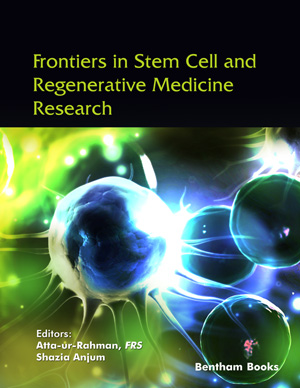Abstract
Background & Objective: The regeneration of damaged bone tissues to a pre-disease state has been a major goal for both clinicians and researchers worldwide. However, critical-sized bone defects which are unable to heal completely are a major clinical concern because effective, evidencebased regenerative therapy is still missing. Bone tissue engineering, aiming at providing novel and effective materials to promote bone regeneration, has been considered as a promising alternative to the traditional use of autografts, allografts and xenografts based on the fact that engineered bone tissue has limitless supply and has no disease transmission. Mesenchymal stem cells (MSCs) can be derived from various adult tissues such as adipose tissues, dental follicles of wisdom teeth, bone marrow, dental pulp, gingiva, etc., which do not raise any ethical concerns. Furthermore, the application of MSCs in bone tissue engineering has moved to the preclinical stage, and an ex vivo cell manufacturing procedure for obtaining high quality, bioactive MSCs from human bone marrow has been approved by the US Food and Drug Administration (FDA).
Summary: In this review, we summarized the cell sources and biological characteristics of MSCs, discussed the in vivo functions of MSCs during bone regeneration, and briefly introduced the strategies for the application of MSCs in bone tissue engineering. Further research efforts are still needed to facilitate the application of MSCs in enhancing bone regeneration.Keywords: Mesenchymal stem cells, bone regeneration, tissue engineering, osteoblast, osteoclast, immunoregulation.













